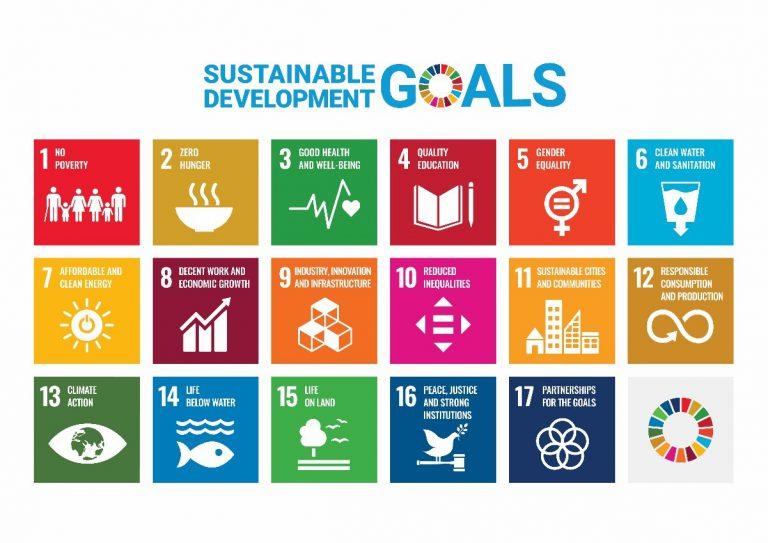The Sustainable Development Goals (SDGs), adopted by the United Nations General Assembly in September 2015, consist of 17 goals to be achieved by 2030 to make the world a more sustainable and equitable society for all. The international goals are set every 15 years to promote the international community’s development, and the SDGs were preceded by the Millennium Development Goals (MDGs), which were agreed upon in 2000. The MDGs’ central proposition was to reduce poverty in developing countries, and developed countries were expected to provide large amounts of development assistance to achieve these goals. However, in the early 2010s, when the debate on the formulation of the SDGs started, some of the least developed countries and emerging economies began to show significant economic growth. In order to achieve these ambitious international goals, enormous global costs are expected to be incurred. At the same time, corporations have expanded globally, and the amount of private funds flowing to developing countries has exceeded official aid. Under these circumstances, there is a growing awareness of the need to rethink the conventional approach to international cooperation, which is led by developed countries and international organizations. Besides, as the interdependence of the world’s countries, regions, and peoples increases, it has become difficult to think of not only the conservation of the global environment and energy resources but also the movement of people, transnational economic activities, and conflicts in terms of the dichotomy between developed and developing countries. Therefore, the SDGs aim to address domestic and global issues, regardless of whether they occur in developed or developing countries. While the public sector, such as governments of developing and developed countries and international organizations, has traditionally been at the center of the implementation of the international goals, the SDGs are also unique in that they explicitly include a partnership with a variety of actors, such as companies and civil society.
Record
Recording 00:00
Commenting has been turned off for this post.
Categories
- Sustainability
- Home
- Wellness
- Theater
- Sports
- Shopping
- Religion
- Party
- Other
- Networking
- Music
- Literature
- Art
- Health
- Gardening
- Games
- Food
- Fitness
- Film
- Drinks
- Dance
- Crafts
- Causes
Read More
Happy mother's day
Mothers are a gift to all humanity because they show us what God is like
The Whispering Shadows: A Gothic Horror Tale
**"The Whispering Shadows: A Gothic Horror Tale"** delves into a chilling narrative of a haunted...
this image shows many potted plants arranged on a terrace or rooftop garden.
About the Scene:
A papaya plant stands tall in the center, likely the main plant in...
Small Changes, Big Impact: How Everyday Choices Can Help the Planet.
In the grand scheme of things, it's easy to feel that individual actions are insignificant,...
×
Your daily access limit has been reached. Please try again tomorrow.
© 2025 GoSharpener Pvt.Ltd.
Refund and Cancellation policy - We do not entertain any refunds and cancellation
Refund and Cancellation policy - We do not entertain any refunds and cancellation

